A Better World for Every Child
For 79 years, UNICEF has worked tirelessly in the world’s toughest places to help the children in the greatest need.
From emergency food to clean water, education, and child rights, our work has evolved and grown to transform the lives of millions of children around the world.
Keeping reading to learn more about our work, then and now.
1946 Europe
Following a unanimous vote at the first session of the UN General Assembly, UNICEF was founded on the 11th of December 1946. The mission of the United Nations International Children’s Emergency Fund, as it was then known, was to provide short-term emergency relief to children in post-World War II Europe. UNICEF provided life-saving therapeutic food, medical supplies, clothing and blankets to more than 6 million children across the continent.
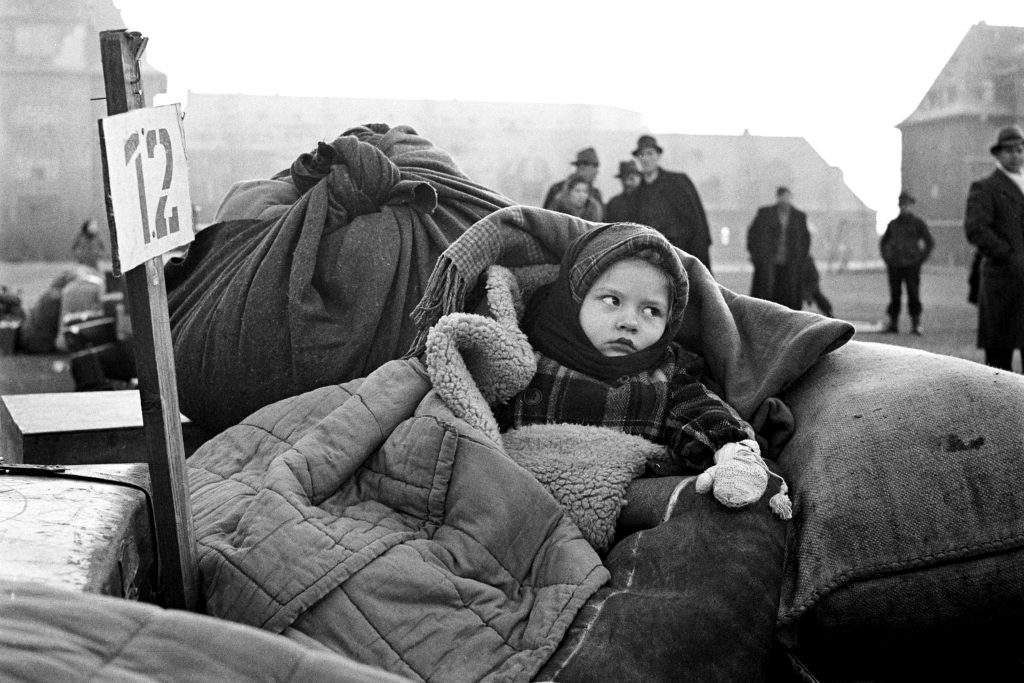 Circa 1946 in Germany, a small displaced girl, wrapped in blankets and sitting on a mound of belongings, waits to continue her journey home.
Circa 1946 in Germany, a small displaced girl, wrapped in blankets and sitting on a mound of belongings, waits to continue her journey home.
1948 Vaccinations
By 1948 the first mass disease control programme started, with mass vaccinations delivered to prevent the spread of tuberculosis. In time, diseases like leprosy, malaria and polio were also included in UNICEF’s vaccination programme.
Today UNICEF helps vaccinate half the worlds children each year. Our work over the years has helped ensure the life-saving benefits of vaccines are now reaching 85% of the world’s children, preventing up to three million deaths every year.
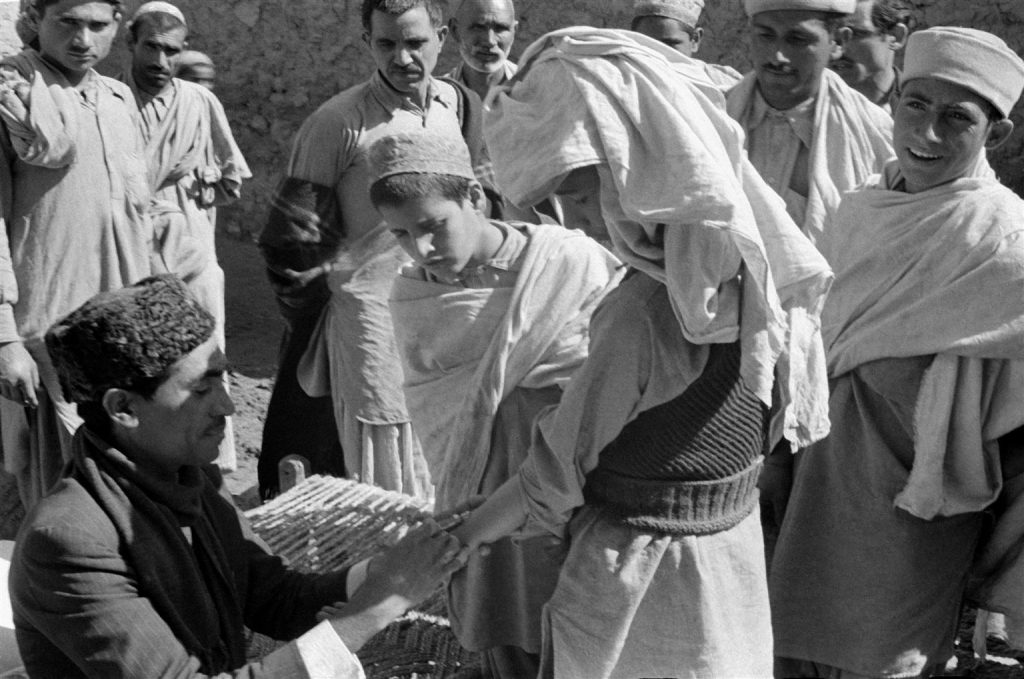
1950 Reach
The United Nations General Assembly extends UNICEF’s mandate and emphasises the need to support children outside Europe. By 1953 UNICEF was helping children in over 100 countries and the words ‘International’ and ‘Emergency’ are dropped from the official name to reflect the growing scope of UNICEF’s work.
Today UNICEF is present in 192 countries and territories around the world.
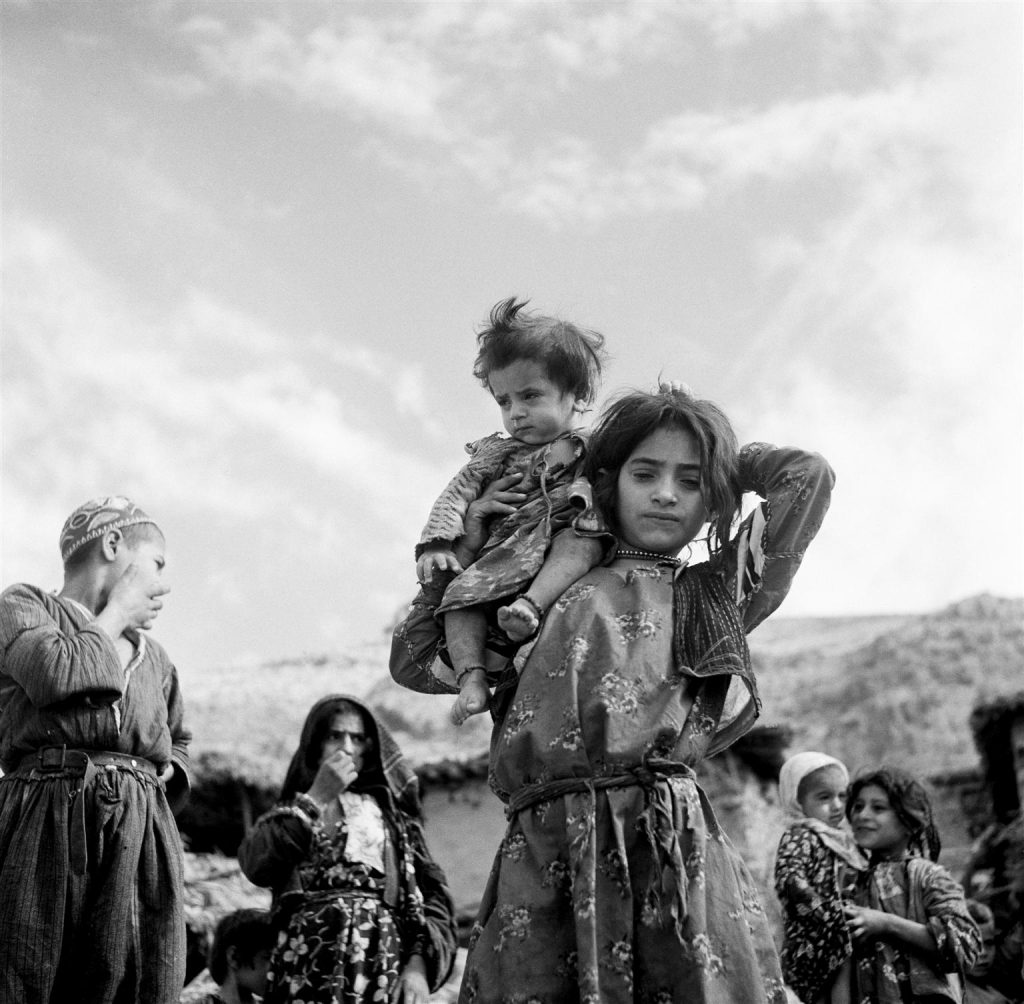
1957 Nutrition
UNICEF launches new nutrition programmes to extend beyond emergency and therapeutic food. Communities are trained in vegetable gardening, fish pond management, poultry and livestock breeding, and receive education about nutrition.
Today UNICEF runs nutrition programmes in 130 countries. Our programmes work to prevent all forms of malnutrition while always prioritising the early detection, treatment and care of malnourished children to help them survive, recover, and go on to live healthy and productive lives. UNICEF supplies 80% of the world’s life-saving therapeutic food.
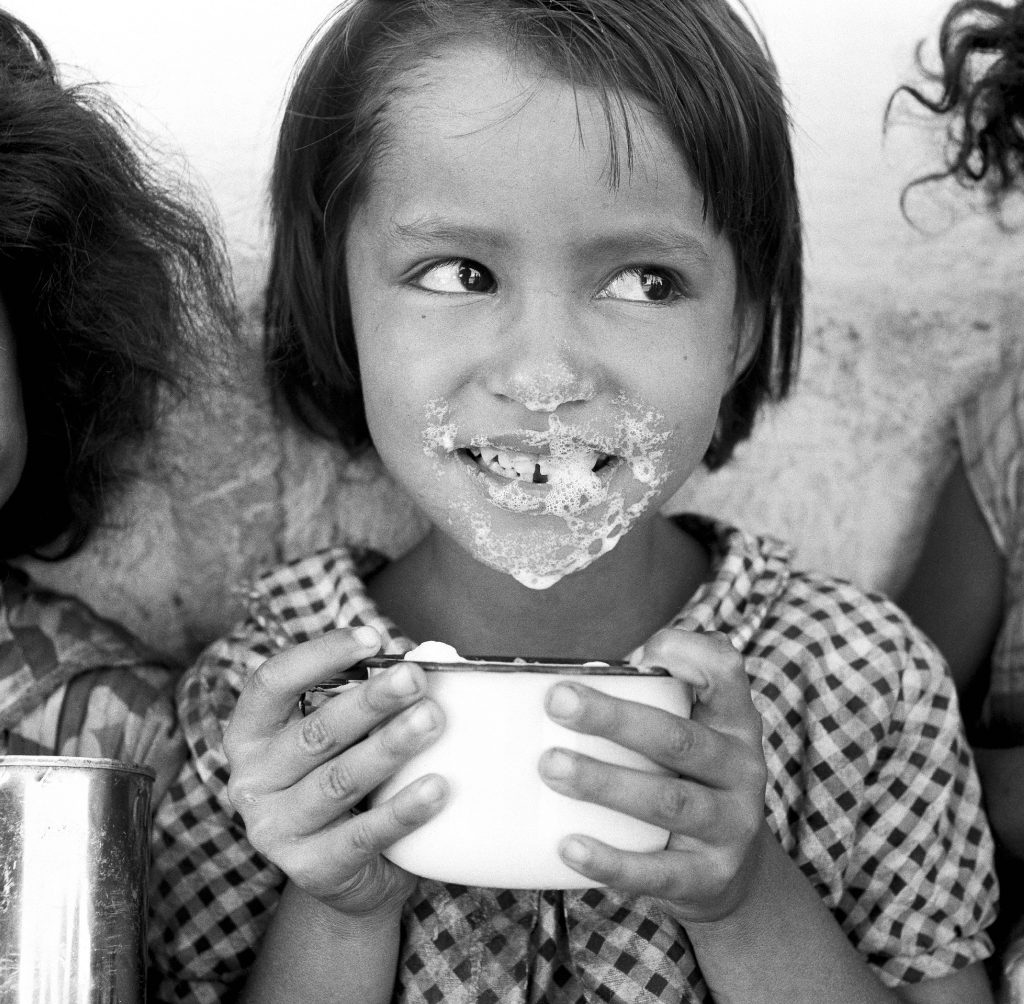
1961 Education
UNICEF expands its focus to include children’s education and by 1993 our programmes help increase the proportion of children starting school from 50 per cent to 75 per cent.
Today UNICEF help millions of children access education every year, with education programmes in over 100 countries. We help build and rehabilitate damaged schools, train teachers and provide essential school supplies and learning materials. Our innovative programmes ensure that even when children can’t get to school, we can take the classroom to them and solar-powered radios are just one way we do that.
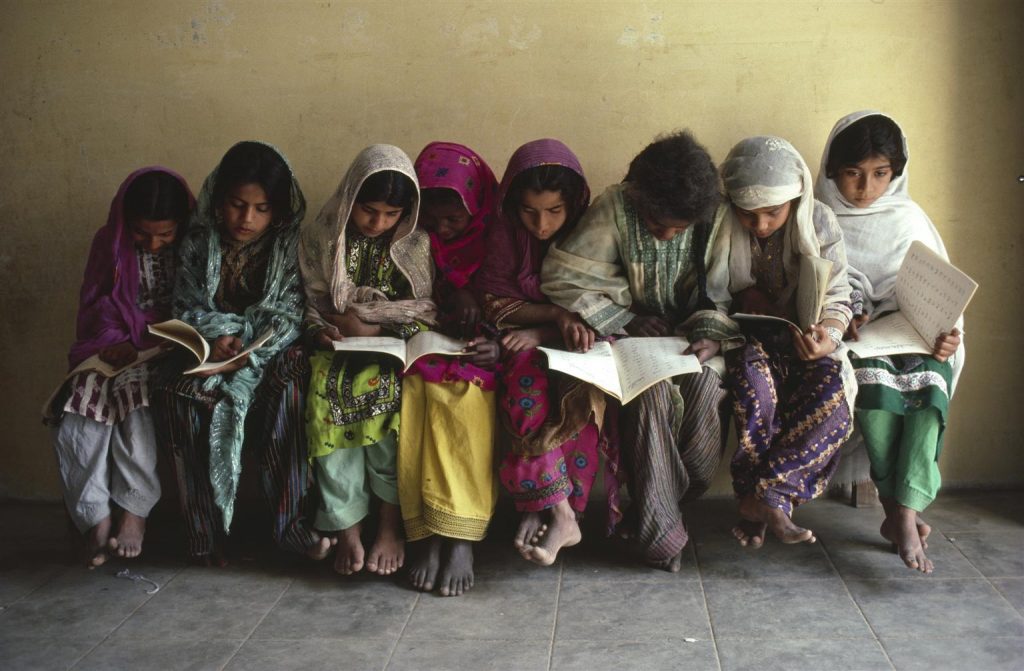
1965 Nobel Peace Prize
The Nobel Peace Prize is awarded to UNICEF for the “promotion of brotherhood among nations”. The Nobel Peace Prize designation recognizes work for children as work for peace.
1975 Clean Water
The Mark II water pump is invented, transforming village life. The pump, designed for heavy usage, is manufactured in India and used in the UNICEF-assisted water supply programmes around the world. By 1993 and the number of rural families with access to safe drinking water has risen from just 10 per cent to almost 60 per cent.
Today UNICEF WASH programmes help ensure access to save clean water for billions of people in over 100 countries.
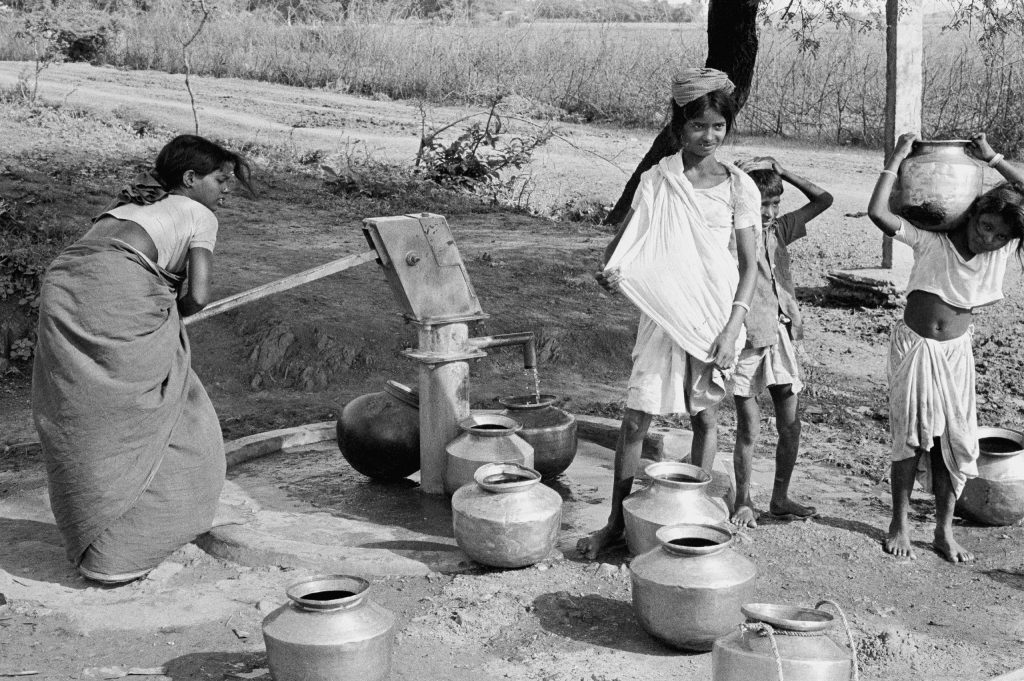
1985 Children in Conflict
A cease fire in El Salvador’s civil war, based on the UNICEF-supported concepts of “children as a zone of peace” and “periods of tranquility” for humanitarian assistance, allows for three days of mass immunization of children.
Today this approach and our apolitical stance ensure we can reach children wherever they are.
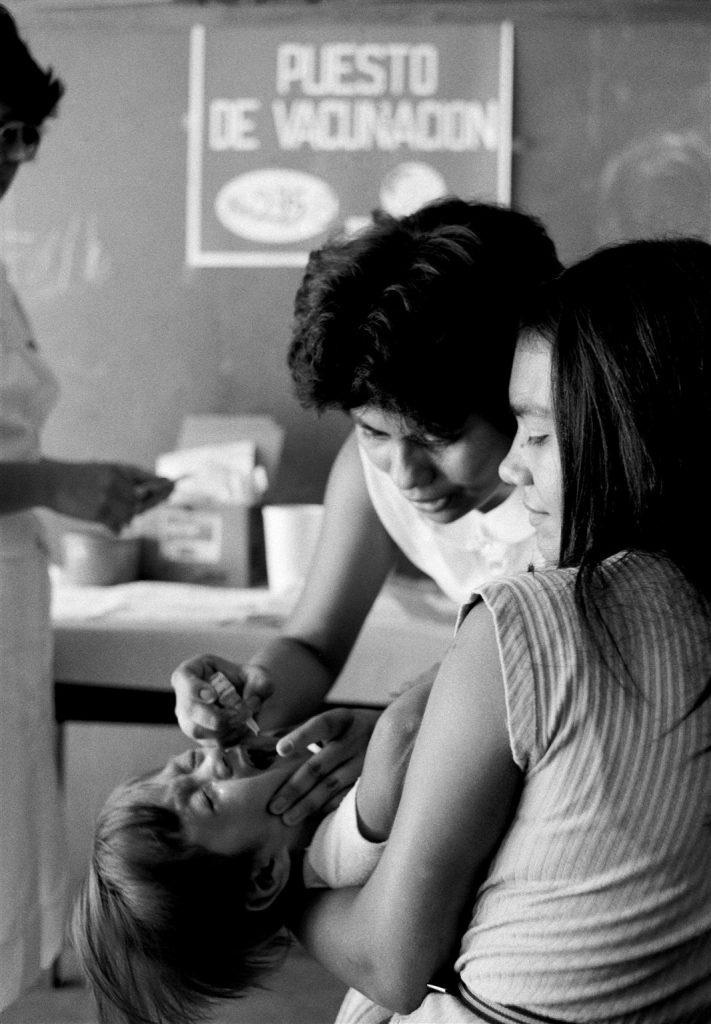
1989
159 United Nations Member States adopt the Convention on the Rights of the Child, the most universally approved human rights treaty for the protection of children.
1993
By the end of 1993, life expectancy in the developing world has increased by about a third since the end of World War II. Infant and child death rates have been halved.
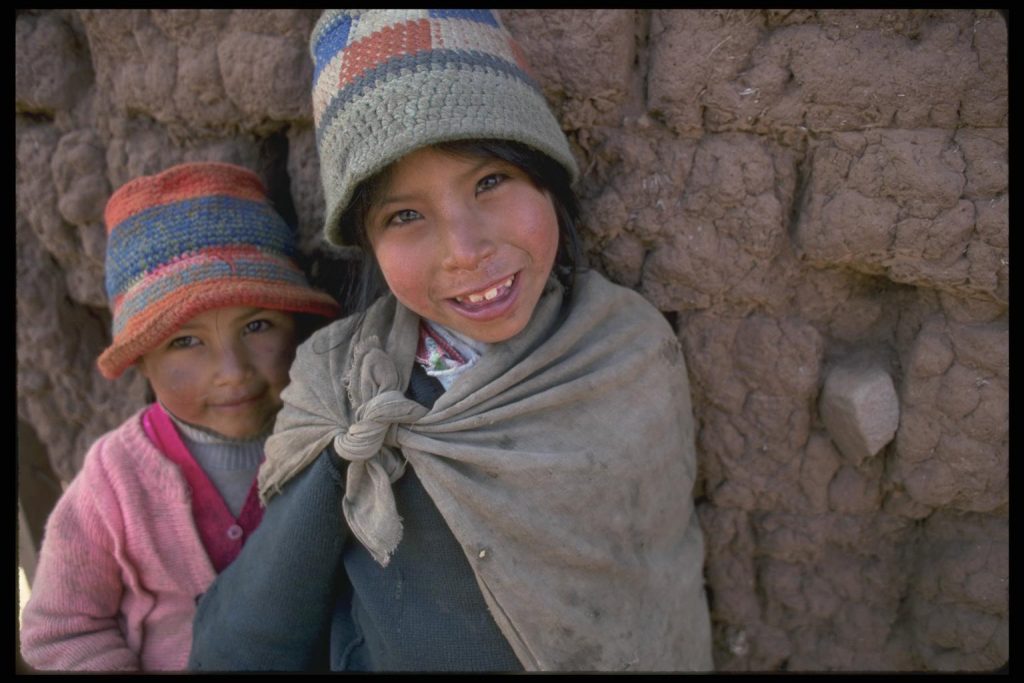
2020 Pandemic
As the COVID-19 pandemic grips the world, UNICEF plays a key role in the United Nations’ global response to the crisis. We are leading efforts to procure and supply COVID-19 vaccines so that all countries have fair and equitable access to the vaccine.
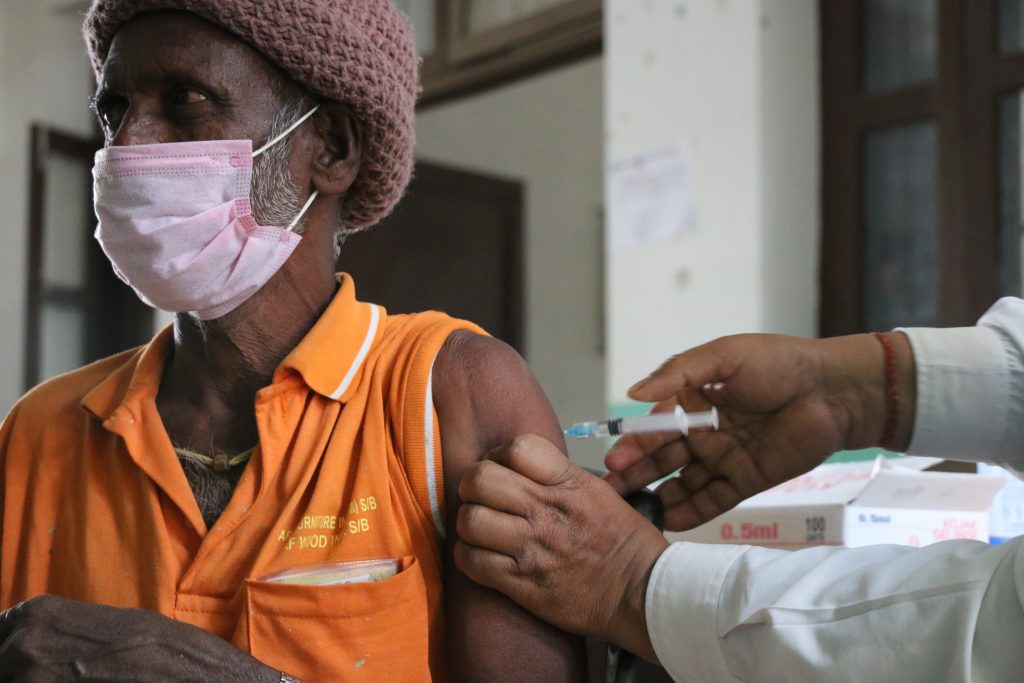
2021 The work Continues
While we have made great progress for the world’s children, there is still so much to do;
- Malnutrition is still the leading cause of death for children under five globally.
- 20 million children miss out on life-saving vaccines every year.
- 1 in 3 people still don’t have access to safe clean water.
- A lack of trained teachers, inadequate learning materials, makeshift classes and poor sanitation facilities make learning difficult for many children.
MAKE A DIFFERENCE
Join our community of

